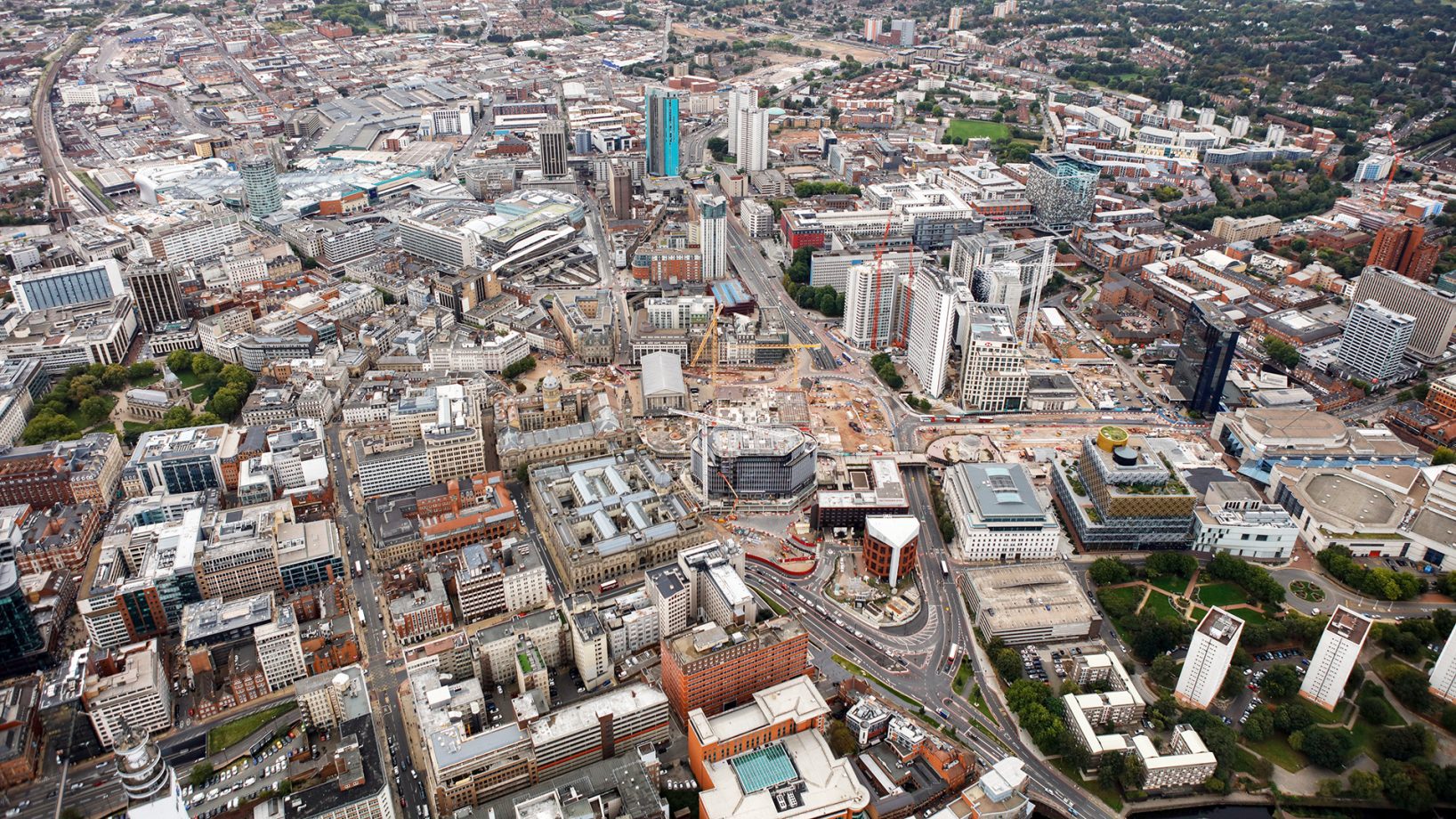Birmingham takes the lead

By Ashley Hancox, Executive Director, CBRE
It’s official – Birmingham is not just on the up, but leading the country in terms of business activity.
Birmingham has – again – just been named the country’s Start-Up capital with 12,108 new businesses starting life in the city last year, by far the most of anywhere outside of London.
This chimes with the news at the start of January that the Birmingham office market hit a record 1.05 million square feet of lettings in 2017. The Birmingham Office Market Forum (BOMF) figures also reveal there is 1.45 million square foot of space currently under construction and due for completion over the next two years, much of it with occupiers already committed.
This will ensure that after many years of a lack of readily available Grade A office space, the city will deliver a series of both high profile pre-let and speculative developments. The growth in business activity and availability of high quality office space goes hand in hand; both contribute to a thriving economy moving forward in the right direction.
And the development activity isn’t just about office blocks. It’s about educational and residential development too with work continuing around Birmingham City University’s new campus at Eastside, the new life sciences and student accommodation taking shape at Selly Oak and the series of luxury residential towers springing up along Broad Street.
At the moment we are literally re-building many of our institutions into world-class facilities capable of having a huge impact on our overall economy.
With that economic growth comes the need for more housing – Birmingham is growing fast, with our population due to reach 1.2 million by 2030 and be well on the way to one and half million by the middle of the century. That’s massive change for a city whose population has stayed around the one million mark for the past ninety years.
It’s important to remember that development doesn’t take place for the sake of it. It’s about creating long-term jobs in construction, architecture, professional services and all the supply chain that feeds into buildings and sustainably changing the character of our built environment. The knock-on effect is even more profound because it hits national desires to close the productivity gap between London and the regions while creating a more inclusive and balanced economy. HS2 will help enhance the physical links but the real strengths lie in Birmingham’s rapidly evolving DNA.
We are already the youngest and one of the most culturally diverse cities in Europe. The rate of development will encourage more people, more jobs and more facilities which in turn creates greater demand for new development and so we get into a virtuous circle. Buildings themselves are important, but only for what they represent in terms of growth and confidence. This is not the only indicator of the relative health of our economy and the prosperity of our people, but does tell the wider economic and social story of our city.